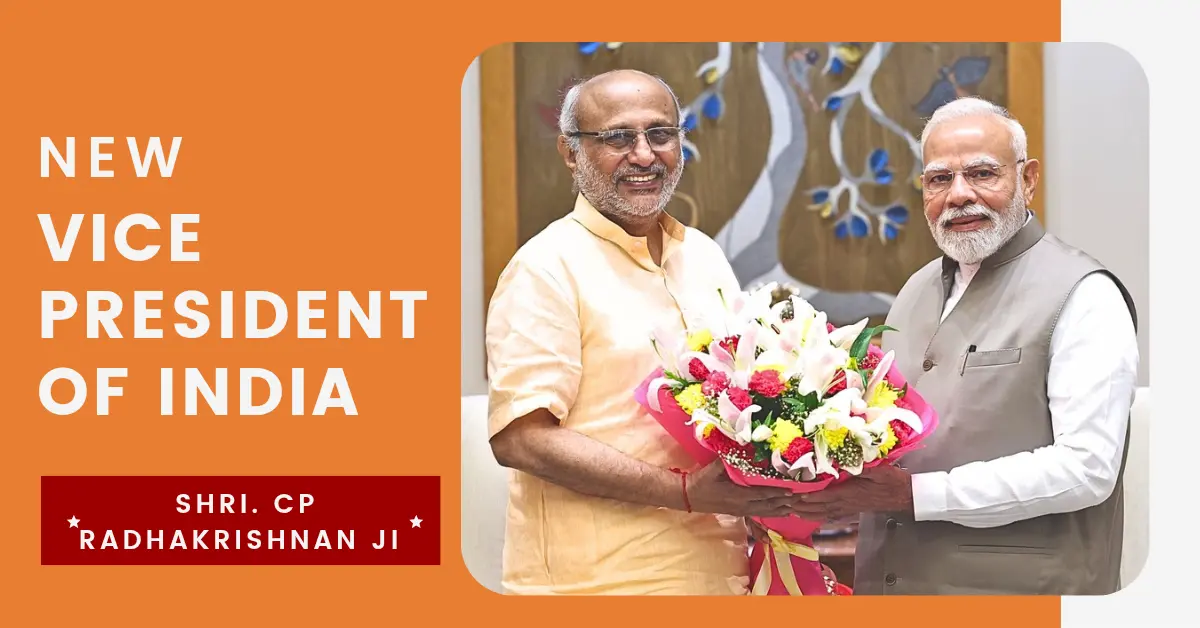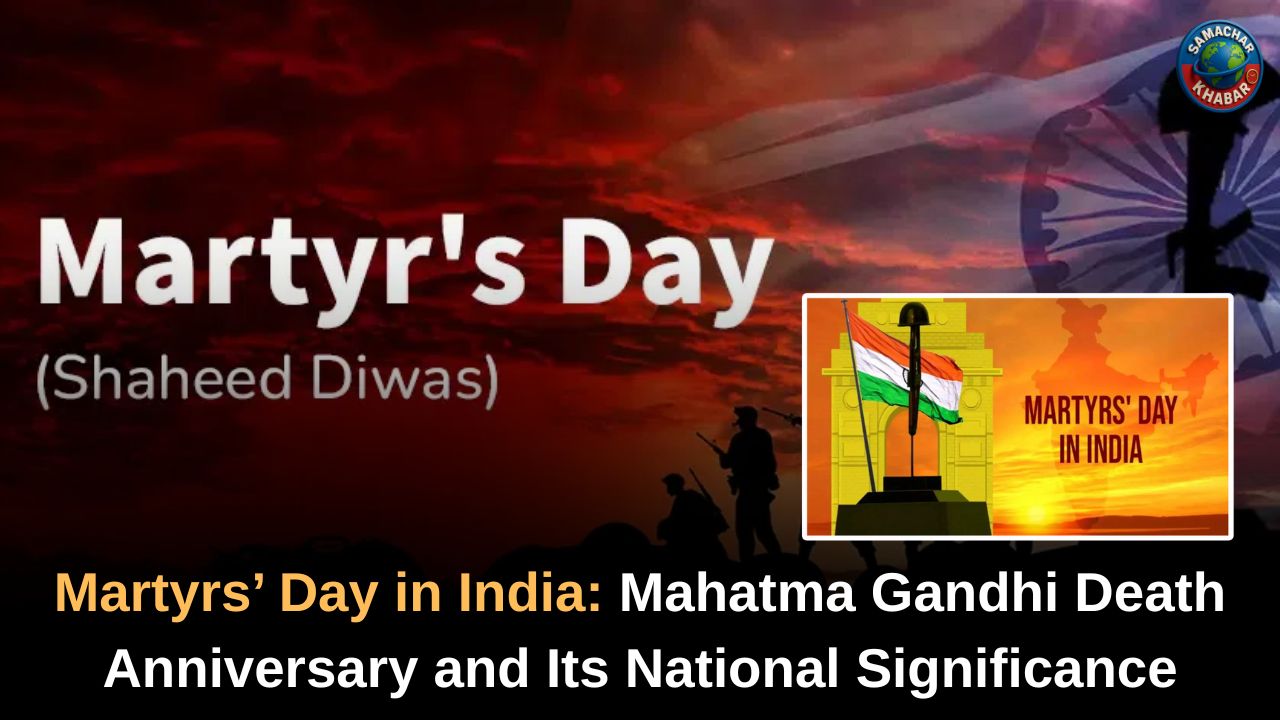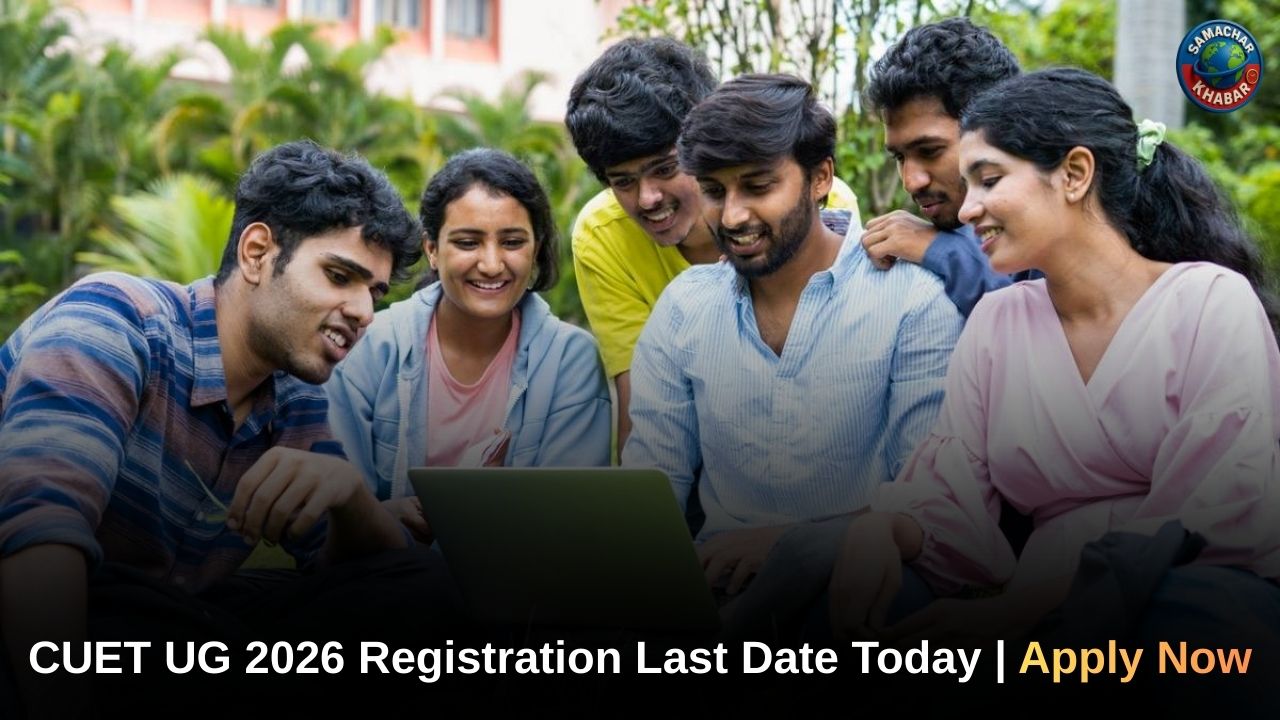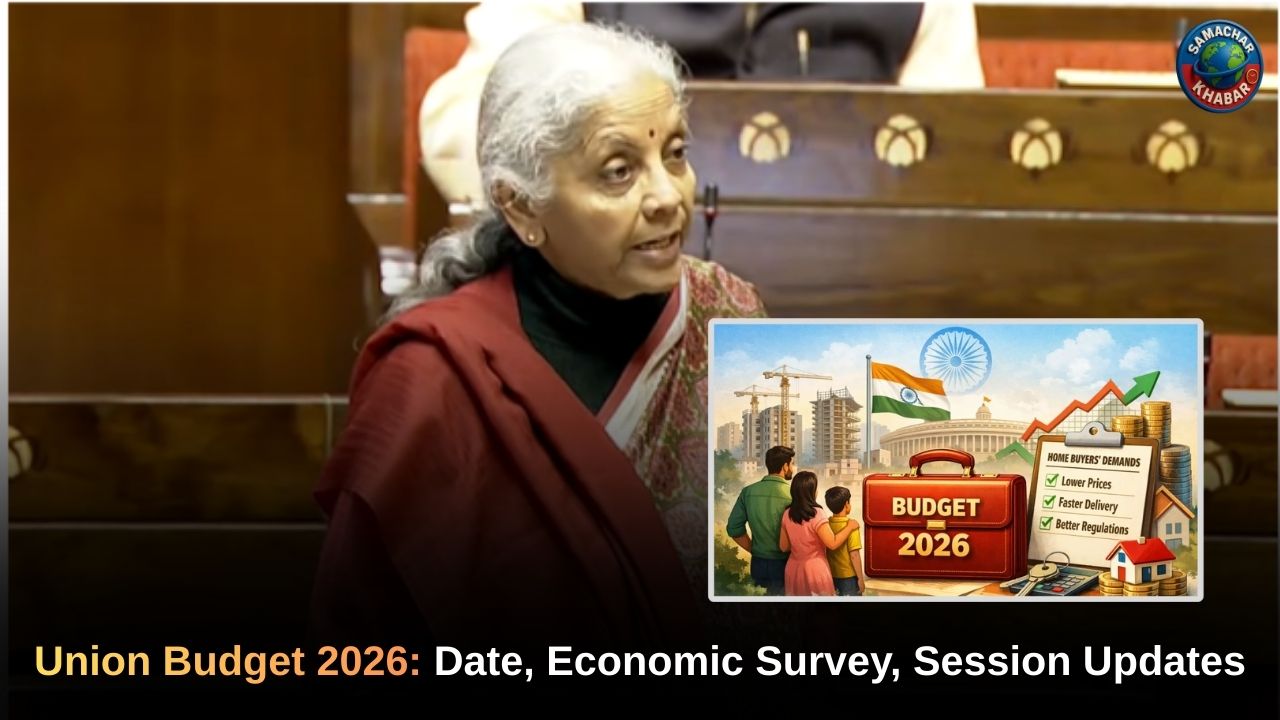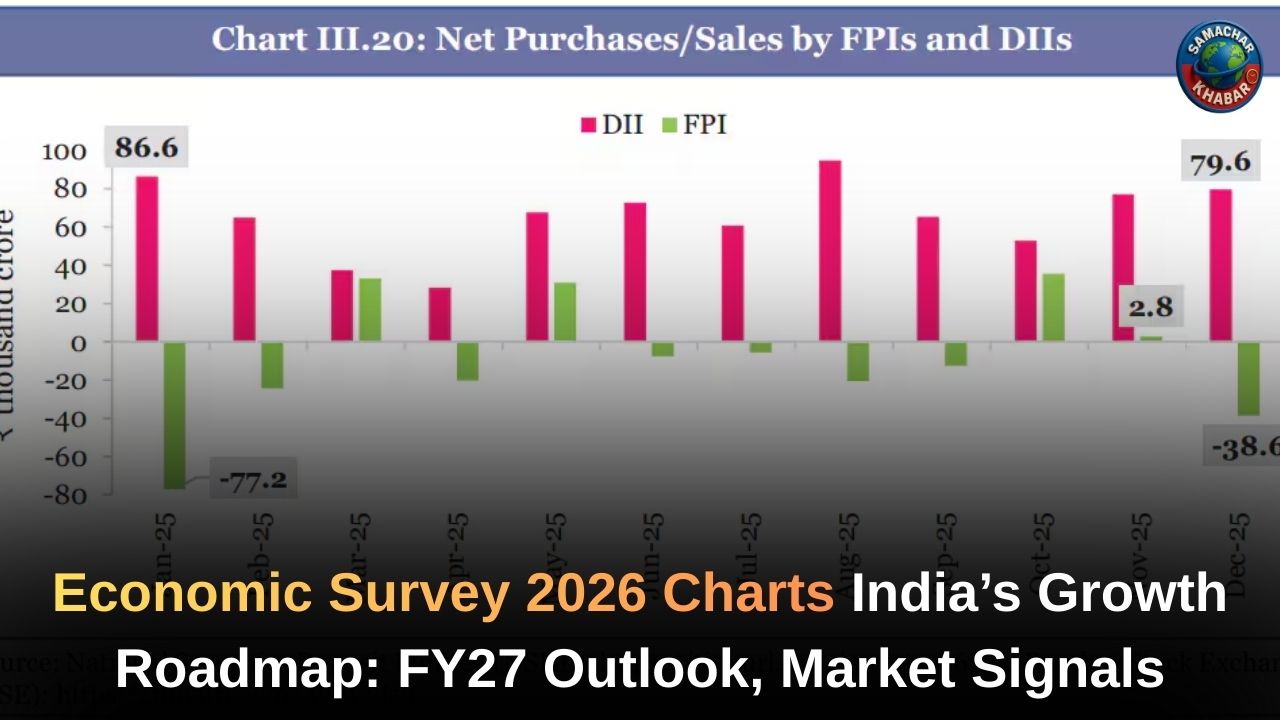CP Radhakrishnan has been elected as India’s 15th Vice President, securing a decisive victory with 452 votes out of 767 cast by parliamentarians on September 9, 2025. The National Democratic Alliance (NDA) candidate defeated opposition nominee Justice B. Sudershan Reddy, who received 300 votes, marking a 152-vote victory margin that exceeded expectations and suggested possible cross-voting within opposition ranks.
The election, held to fill the vacancy left by Jagdeep Dhankhar’s resignation in July 2025 due to health reasons, witnessed a remarkable 98.2% voter turnout with 767 MPs participating out of 781 eligible voters. Prime Minister Narendra Modi was the first to cast his vote, followed by senior cabinet ministers and opposition leaders.
From Tiruppur to the Nation’s Second-Highest Office: Early Life and Educational Background
Born on October 20, 1957, in Tiruppur, Tamil Nadu, Chandrapuram Ponnusamy Radhakrishnan comes from the Kongu Vellalar Gounder community. He holds a Bachelor of Business Administration (BBA) degree from V.O. Chidambaram College in Thoothukudi, Tamil Nadu. During his college years, Radhakrishnan was a champion in table tennis and excelled in long-distance running, showcasing his diverse interests beyond academics.
His political journey began early when he became a member of the Rashtriya Swayamsevak Sangh (RSS) at age 17 and joined the State Executive Committee of the Bharatiya Jan Sangh in Tamil Nadu in 1974. This early association with the RSS would shape his political ideology and career trajectory for decades to come.
Business Career and Political Entry
Before entering full-time politics, Radhakrishnan was a successful textile entrepreneur from Tiruppur, acknowledged as one of the biggest exporters of textiles and polyester yarn to Bangladesh. His business background in the textile industry would later prove valuable during his parliamentary tenure, where he served as Chairman of the Parliamentary Standing Committee on Textiles.
His formal political career took off when he was appointed BJP Secretary for Tamil Nadu in 1996. The breakthrough came in 1998 when he won the Coimbatore Lok Sabha seat during a politically charged period following terrorist bomb blasts in the city that had claimed 58 lives. His victory was part of the BJP’s alliance with AIADMK, helping the party secure three seats in Tamil Nadu.
Parliamentary Career and Leadership Roles
Radhakrishnan served two consecutive terms as Member of Parliament from Coimbatore (1998-2004), representing the constituency during crucial years of coalition politics. During his tenure, he held several important positions:
- Chairman of the Parliamentary Standing Committee on Textiles
- Member of committees on Public Sector Undertakings and Finance
- Part of India’s parliamentary delegation to the UN General Assembly in 2004
- Member of the first Indian parliamentary delegation to Taiwan
State Leadership and Organizational Work
From 2004 to 2007, Radhakrishnan served as President of BJP’s Tamil Nadu unit, a challenging role in a state where the party has traditionally struggled to establish roots. During this period, he undertook an ambitious 93-day, 19,000-kilometer Ratha Yatra covering the entire state to highlight key issues including river interlinking, uniform civil code implementation, terrorism, and social reform.
His organizational skills were further demonstrated during his tenure as Chairman of the Coir Board from 2016 to 2020, where he oversaw record coir exports reaching Rs 2,532 crore (approximately $325 million). From 2020 to 2022, he served as the All India In-Charge of BJP for Kerala, expanding his influence beyond Tamil Nadu.
Gubernatorial Experience Across Multiple States
Jharkhand Governorship (2023-2024)
Radhakrishnan’s administrative capabilities were recognized when he was appointed Governor of Jharkhand on February 18, 2023. Within his first four months, he undertook an extensive tour of all 24 districts to interact with residents and government officials, demonstrating his hands-on approach to governance.
During his tenure in Jharkhand, he maintained a contentious relationship with then-Chief Minister Hemant Soren, highlighting the challenges of federal-state relations. In March 2024, he was given additional charge as Governor of Telangana and Lieutenant Governor of Puducherry, showcasing the central government’s confidence in his administrative abilities.
Maharashtra Leadership
In July 2024, Radhakrishnan was appointed Governor of Maharashtra, taking oath on July 31, 2024. In this role, he has been at the forefront of the state’s development initiatives, particularly supporting the government’s 100-day action plan under Chief Minister Devendra Fadnavis.
His recent actions as Maharashtra Governor include sending the controversial Maharashtra Special Public Security Bill 2024 to President Droupadi Murmu for consideration. The bill, aimed at targeting “urban Naxalism,” has drawn criticism from civil society groups but reflects his commitment to security issues.
Recent Statements and Vision for India
Following his vice-presidential election victory, Radhakrishnan described the result as “a victory for nationalistic ideology” in his first public statement. He emphasized unity across party lines, stating: “Both ruling and opposition parties are two sides of the same coin. The interest of democracy will be taken into account”.
Also Read: NDA के उपराष्ट्रपति उम्मीदवार होंगे “सीपी राधाकृष्णन (CP Radhakrishnan)”: एक बड़ा राजनीतिक दांव
The new Vice President has committed to working toward making India a developed nation by 2047, aligning with the government’s vision of “Viksit Bharat”. He stressed that “it is a victory for every Indian and we all have to work together” to achieve this ambitious goal.
Maharashtra Day Address and Development Focus
In his Maharashtra Day message on May 1, 2025, Radhakrishnan outlined his vision for the state’s development, highlighting the government’s efforts to make Maharashtra a $1 trillion economy as part of India’s aspiration to become a $5 trillion economy. He emphasized the state’s success in attracting investment, noting 63 Memorandums of Understanding worth Rs 15.72 lakh crore signed at the World Economic Forum in Davos.
His address also focused on agricultural reforms, including the installation of one lakh solar agriculture pumps under the Mukhyamantri Saur Krushi Pump Yojana and providing free electricity to 45 lakh agricultural pump owners under the Bali Raja Mofat Veej Yojana.
Prime Ministerial Endorsement and Political Recognition
Prime Minister Narendra Modi’s congratulatory message highlighted Radhakrishnan’s dedication to social service, stating: “His life has always been devoted to serving society and empowering the poor and marginalized”. Modi expressed confidence that Radhakrishnan would be “an outstanding VP, who will strengthen our Constitutional values and enhance Parliamentary discourse”.
The endorsement reflects the party leadership’s trust in Radhakrishnan’s ability to handle the ceremonial yet significant role of ex-officio Chairman of the Rajya Sabha. His extensive parliamentary experience and reputation as a soft-spoken and non-confrontational leader position him well for managing upper house proceedings.
Personal Life and Character
Radhakrishnan is married to R. Sumathi and has two children. Beyond politics, he maintains active interests in sports, including cricket and volleyball, and is a member of Lions Clubs International. Colleagues across party lines recognize him for his clean image and cordial relations with leaders from different political backgrounds.
His rise from a textile businessman in Tiruppur to the nation’s second-highest constitutional office represents a remarkable journey of dedication to public service. As he assumes the vice-presidency, Radhakrishnan brings over four decades of political and administrative experience that spans multiple states and diverse responsibilities.
The election of CP Radhakrishnan as Vice President marks a significant moment for both Tamil Nadu representation in national politics and the BJP’s continued emphasis on selecting leaders with strong grassroots connections and proven administrative capabilities. His commitment to nationalist ideology and inclusive governance will likely shape his tenure as he works to fulfill his vision of contributing to India’s development goals by 2047.


